Chancellor’s Award for Community-Engaged Scholars
With strategic funding from the Chancellor’s Office, the Center for Community Engagement administered the Chancellor’s Award for Community-Engaged Scholars from 2019-2024 (the program was on hiatus for AY 2022-23). This program offered up to five $10,000 awards to support a cohort of UCLA ladder faculty to advance their community-engaged scholarly activity and develop a new undergraduate community-engaged research course.
Community-engaged research, in this context, encompassed collaborative research or creative work with community partners that addressed social inequalities or public issues. The program was open to all UCLA ladder faculty. Those awarded funding participated in the following activities during the academic year:
-
- A one-day workshop on best practices for teaching undergraduate community-engaged research
- A once-per-quarter meeting of the Community-Engaged Scholars cohort to advance their work on undergraduate community-engaged research course design, culminating in presentation of a new syllabus by the end of spring quarter.
The Scholars then worked with their departments to schedule their new undergraduate course during one of the next two academic years. In total, 21 faculty members (including a team of two) received the Chancellor’s Award.
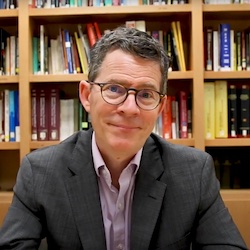
Tobias Higbie
Course: “Out of the Archives and Into the Streets: Community-Engaged Learning for History and Labor Studies”
Students in Higbie’s class will engage with questions about public memory, labor and social justice activism and the landscape of inequality in contemporary Los Angeles. The class aims to bridge the divide between hard-to-access archival collections and contemporary labor and community organizers, asking how artifacts of the past inform memory and how memory informs current organizing. Students will connect with organizers to ask what kinds of historical questions matter to them, engage with the evidence they find and create novel works based on the archives.
“I hope students will come away with an appreciation for the way public memory is shaped through everyday storytelling, documentation projects and through the interventions of historically minded students and scholars. The class is part of a wider effort I have framed as ‘Memory Work,’ a collaboration between labor unions, community organizations, activists, librarians and researchers to reclaim the past, understand the present and change the future of work and working people.”
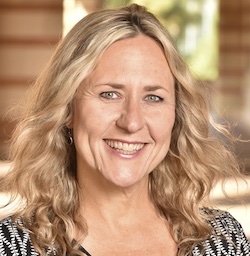
Lené Levy-Storms
Course: “Frontiers in Human Aging: Biomedical, Psychosocial and Policy Perspectives”
This core course for the UCLA gerontology minor explores human aging from molecular levels through social policies — covering biology, physiology, sociology, anthropology, psychology, public health and policy. Levy-Storms will add a formal community engagement aspect focused on intergenerational interactions to shatter ageism.
“Students will learn things in this course that will be helpful for the rest of their and their families’ and friends’ lives. I would like to think that they will become ambassadors for reducing ageism and appreciating all that living longer has to offer individuals and society in terms of wisdom, generativity and time. My vision for the future is not just young students learning about older adults, but rather different generations relating to and communicating with one another, learning how to help each other thrive in whatever life stage they are — together.”
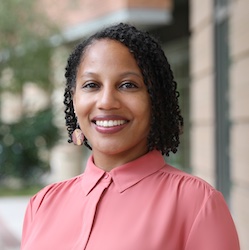
Regan Patterson
Course: “Developing an Engineering Community-Engaged Scholarship Course in Environmental Justice”
This course introduces students to the concept of environmental justice by having them collaborate with community-based organizations on environmental justice projects that they will co-create with each organization. In addition to working with their community partners to complete projects, students will examine methods for assessing disparities in exposure to various environmental hazards and will discuss a variety of topics, including water quality, climate and energy justice, race, ethnicity and class.
“My hope is that students walk away understanding approaches to addressing environmental hazards and injustices that go beyond solely technical approaches in order to center justice and community. I want them to learn to value different forms of knowledge, as well as recognize the sociopolitical context and justice implications of their work.”
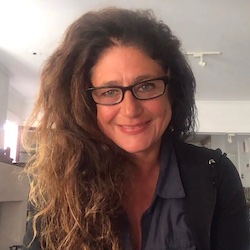
Federica Raia
Course: “WeCREATE: Wellness Collaborative for Research & Education Activities to Transform and Empower”
WeCREATE is a community-based participatory education, research and service program involving students from UCLA, faculty, and middle and high schoolers. Participants will work to make a difference for those who have had the least access to quality health care, to support research to improve medical communication practices and to inspire young adults to pursue careers in research and health care. The new courses that will serve as an integral part of WeCREATE will have both service and research components and will follow the program’s biannual heart health clinic offering.
“This is a dream of mine: to create a program across grades, across departments, across disciplines that engages the Mann UCLA Community School at the center. The idea is that the grounds of the school can become the center of a connection with UCLA, with the David Geffen School of Medicine at UCLA and the hospital, and, of course, the UCLA School of Education and Information Studies.”
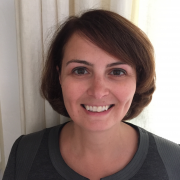
Michelle Caswell
Working closely with community archives, students in Caswell’s course will learn the importance of communities shaping their own narratives about the past to better envision a collective future. (Caswell is also an affiliated member of the Asian American Studies department.) “I hope students gain a deeper appreciation for memory work, particularly the creation and maintenance of digital archives, as a form of activism against ongoing oppressions.”
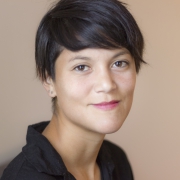
Lauren Lee McCarthy
In this studio-based course, students will engage in collaborative research with the disability community, with a focus on universal design, assistive technology and disability justice. “What I’ve learned from the disability community is the way questions of accessibility can open interesting, creative conversations around what it means to be present, to be accountable and to build online spaces with care.”
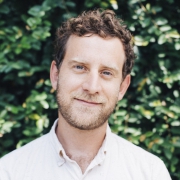
Nick Shapiro
Students in Shapiro’s class will work alongside human rights organizations, analyzing medical data on the deaths of incarcerated individuals for the purpose of identifying human rights violations. “I hope a takeaway from this class is that the students can both better account for the missteps of science and have a grasp on more equitable methods to engage with, support and advance communities as they identify their most pressing questions.”
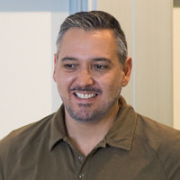
David Shorter
As part of Shorter’s course, students will collaborate with healing practitioners and community-based wellness organizations, researching aspects of community wellness and cross-cultural perceptions of health, including structural inequalities in health care and the history of medicinal development. “One of my central aims remains having students be in service to those on the front line of health care outside of allopathic and pharmaceutical approaches. There, students learn about health and healing beyond textbooks and classrooms.”
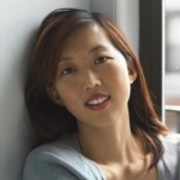
Pamela Yeh
Yeh’s class will allow students to explore cities as ecosystems and to study how plants and animals have survived — and in some cases thrived — in urban areas. They will work together with nonprofits in low-income communities of color to create opportunities for long-term avian population monitoring and scientific research. “We live and work in one of the world’s major metropolitan areas, so right in our backyard, we have a fantastic place to do this teaching and research. I hope our students will come to view the community they live in as both a rich resource for advice, help and support in their work, as well as an important obligation and opportunity to give back.”
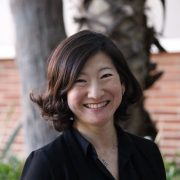
Jennifer Chun
Chun will work in conjunction with the Asian American and Pacific Islander Leadership Development Project to instruct students on developing relationships and practices of accountability, transparency and reciprocity in the writing of organizational case studies and movement histories. She will also incorporate a community engagement component into existing courses on Asian and Latina women workers in the domestic, care and garment industries.
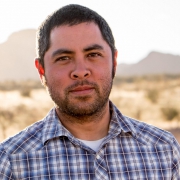
Jason De León
In De León’s course, students will connect with community organizations to interview and conduct focus groups with migrants who have been held in federal detention centers along the United States-Mexico border, as well as with detention center workers and local residents. Their work will be incorporated into an art exhibition called Hostile Terrain 94, part of the Undocumented Migration Project.
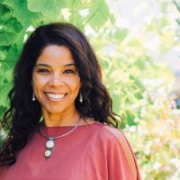
Gaye Theresa Johnson
Students in Johnson‘s course will be assigned to different local social welfare organizations, such as Hunger Action Los Angeles, where they will complete a project for the group and identify the intersecting social justice issues that determine the organization’s central organizing principles.
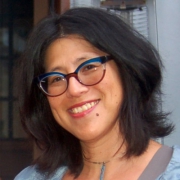
Rachel Lee
Students in Lee‘s course will examine the UCLA Center for the Study of Women’s collection of oral histories of women who have experienced illness as a result of chemical and environmental toxins. They will then prepare analytical materials, working with community organizations that are addressing these environmental issues.
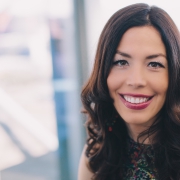
Tria Blu Wakpa
In Wakpa‘s course, students will gather primary and secondary documents related to California Indian dances and write annotated bibliographies. They’ll share their findings with representatives of the Tongva, Chumash, Ohlone and Winnemem Wintu nations, who will draw on the research to revitalize their dances.
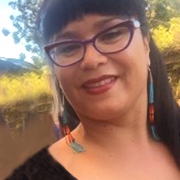
Maylei Blackwell
In Blackwell’s course, she plans to use community archives and oral histories to map the Latin American indigenous diaspora in Los Angeles.
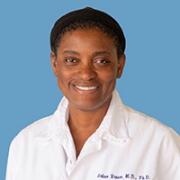
Arleen Brown
In Brown’s course, students will work with community organizations and academic faculty to reduce chronic disease disparities in Los Angeles County through community-engaged collaborative projects.
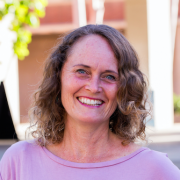
Jenny Jay
Jay’s course will center around environmental research that engages community members.
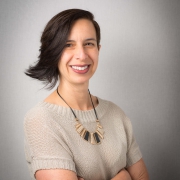
Marissa López
In Lopez’s course, students will partner with the Los Angeles Public Library to build a geolocation smartphone app that displays historical images of Mexican Los Angeles. Lopez encourages following her Instagram account, @picturingmexicanamerica.
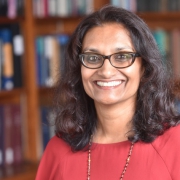
Rashmita Mistry
Mistry and Karen Quartz, Director of the UCLA Center for Community Schooling, course will have students delve into educational research methodological approaches using an equity and social justice lens.
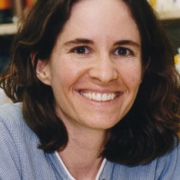
Meredith Phillips
Phillips’ course will have students use student and staff survey data to improve K-12 education.
2021-2022 Cohort
2020-2021 Cohort
- 5 professors receive Chancellor’s Award for Community-Engaged Research- UCLA Community Engagement By Robin Migdol
- The Human Cost of Border Enforcement Policies By Nicole Smith, Gabriel Canter, Austin Shipman, and Jason De León
2019-2020 Cohort
- Six Professors receive Chancellor’s Award for Community Engaged Research by Robin Migdol
- Geographies of indigeneity: Indigenous migrant women’s organizing and translocal politics of place by Maylei Blackwell
- Special issue: Critical Latinx indigeneities by Maylei Blackwell, Floridalma Boj Lopez & Luis Urrieta Jr.

